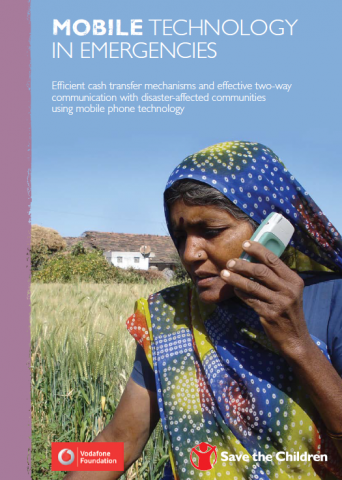Report
Report on Early Warning for Technological Hazards

Technological hazards are an increasing source of risk to people and their environment. This is an effect of the globalization of production, an increase of industrialization and a certain level of risk of accidents connected with production, processes, transportation and waste management. These risks are associated with the release of substances in accident condition or with the production of such substances under certain conditions as fire. Substances which could affect human health or the environment by contamination and their effects on animals and plants.
Published by UNISDR
